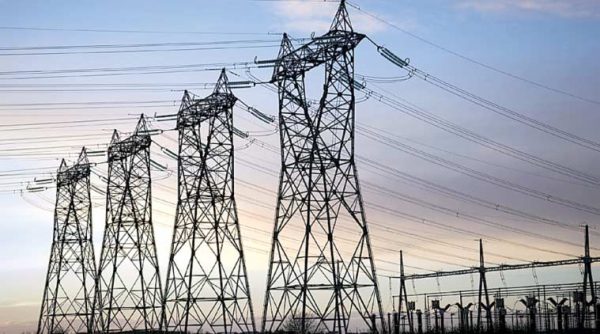Nigeria’s Crude Oil Production Rose To 1.93mbpd In August – CBN

Nigeria’s crude oil production, including condensates and natural gas liquids, stood at 1.93mbpd or 59.83 million barrels in August 2019, according to the latest monthly economic report of the Central Bank of Nigeria (CBN).
In the report for August 2019, the aforementioned estimate represented an increase of 4.3 per cent, compared with the 1.85 mbpd or 57.35 million barrels produced in the preceding month.
The release of the data came just as the Chief Prosecutor at the ongoing trial of criminal suspects associated with the controversial Malabu oil deal, Francesco Greco, accused corporate organisations, including those in Nigeria, of investing in corruption to cripple local economy, thus fueling poverty and chaos.
In the CBN report for August, crude oil export was estimated at 1.48 mbpd or 45.88 million barrels, representing an increase of 5.7 per cent, compared with 1.40 mbpd or 43.40 mb recorded in the preceding month.
The allocation of crude oil for domestic consumption was 0.45 million barrels per day or 13.95 million barrels in the review month.
However, the average spot price of Nigeria’s reference crude oil, the Bonny Light at the end of August 2019, decreased to $61.05 per barrel, compared with $66.23 per barrel recorded in July 2019.
This, according to the report, represented a decline of 7.8 per cent below the level in the preceding month.
The fall in crude oil price was attributed largely to slow demand for crude oil in the global crude oil market.
“The UK Brent, at $58.80/b and the Forcados, at $60.82/b, and the WTI at $54.70 per barrel, exhibited similar trend as the Bonny Light.
“The average OPEC basket of 15 selected crude streams was $59.74 per barrel in August 2019. This showed a decrease of 7.7 per cent and 17.3 per cent below the $64.71 per barrel recorded in the preceding month and the corresponding period of 2018,”the report stated.
It added that at N879.39 billion, the federally-collected revenue (gross) in August 2019 fell below the monthly budget estimate of N1.246 trillion by 29.4 per cent. It also fell below the receipt of N931.93 billion in the preceding month by 5.6 per cent.
The decrease, relative to the monthly budget estimate, according to the report, was attributed to the shortfall in both oil and non-oil revenue.
“Oil receipts at N484.75 billion or 55.1 per cent of total revenue was below the monthly budget of N798.83 billion by 39.3 per cent. However, it exceeded the receipt of N387.74 billion in the preceding month by 25.0 per cent.
“The decrease in oil revenue relative to the monthly budget was attributed to shut-ins and shut-downs at some NNPC terminals due to pipeline leakages and maintenance activities.
“Similarly, at N394.64 billion or 44.9 per cent of total revenue, non-oil receipt was below the monthly budget of N447.24 billion and the preceding month’s earning of N544.19 billion by 11.8 per cent and 27.5 per cent, respectively.
“The drop in collection relative to the monthly budget was due to the decline in revenue from Corporate Tax and Federal Government Independent Revenue,” it explained.
The report stated that of the total sum of N703.15 billion retained in the Federation Account, the sums of N90.39 billion, N8.33 billion, and N19.16 billion were transferred to the VAT pool account, federal government independent revenue, and ‘Others’, respectively, leaving a net balance of N585.27 billion for distribution to the three tiers of government.
A breakdown of this amount showed that the federal government received N285.77 billion, while the state and local governments received N144.94 billion and N111.75 billion, respectively.
The balance of N42.82 billion was shared among the oil producing states as 13 per cent Derivation Fund.
Furthermore, the report showed that currency-in-circulation, on month-on-month basis, fell by 0.5 per cent, to N2.003 trillion at the end of July 2019, compared with the decline of 4.6 per cent and four per cent at the end of the preceding month and the corresponding period of 2018, respectively.
The development relative to the preceding month, reflected the fall in its currency outside banks component.
“Deposits of banks and the federal government with the CBN, on month-on-month basis, declined, while deposits of the private sector with the CBN rose relative to the levels at the end of the preceding month.








